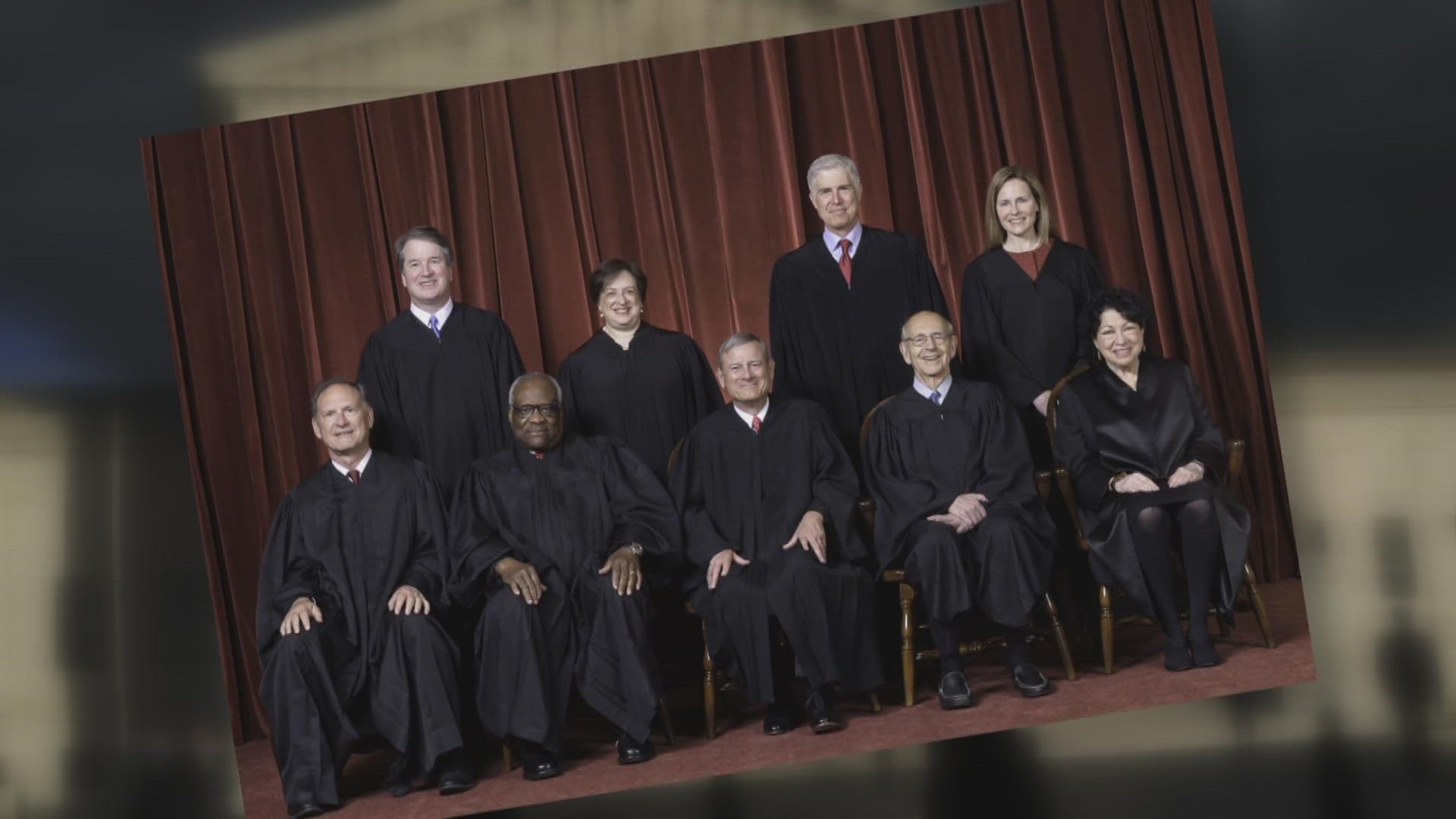ARIZONA, USA — In the wake of a U.S. Supreme Court ruling that protects police officers from being sued by suspects over Miranda warning violations, an ASU legal scholar said there could be consequences in law enforcement ranks.
“It will encourage that tiny minority of police officers, there’s a tiny minority, who abuse these rules routinely, who solve crimes by lying to suspects, by not telling suspects what their constitutional rights are,” said Gary Stuart, Senior Policy Advisor in ASU Sandra Day O’Connor Law School and author of the 2004 book "Miranda, The Story of America’s Right to Remain Silent"
“It’s a sound decision”
The 1963 arrest of a man in Phoenix led to the landmark Supreme Court ruling, requiring police to notify suspects under interrogation of their right to remain silent and their right to an attorney.
The power of police to interrogate a suspect is enormous. The Miranda warning is intended to protect an individual’s Fifth Amendment right against self-incrimination. On Thursday, the Supreme Court ruled a suspect not notified of their Miranda rights does not have the option to sue police for damages later, even if evidence was used against them in their criminal trial.
Stuart calls the Supreme Court’s ruling “an unfortunate decision” that is nonetheless based “in good faith” by the majority of justices.
“It’s a sound decision. It can be supported by the 15 or 20 different times between 1966 and now that the Miranda doctrine has been weakened by a Supreme Court decision,” Stuart said.
The ruling concludes that “police officers ought to be immune in many cases” from lawsuits involving the Miranda warning, Stuart said.
“Completely wrong”
ASU Constitutional Law Professor Paul Bender is more critical of the high court.
“This is one of the most completely wrong opinions of the Supreme Court I’ve read recently,” Bender said.
Bender said the right to sue should not be taken away from suspects who have been wronged by the police.
“The reason why there’s a federal statute that gives you damages if your constitutional rights were violated. It’s because Congress thinks if your constitutional rights were violated and it harms you, you ought to be able to recover damages,” Bender said.
In the 6-3 ruling, Justice Samuel Alito wrote that a violation of the Miranda right “is not itself a violation of the Fifth Amendment.” Alito added there is no justification for expanding the Miranda Doctrine to include the right to sue.
Bender says the decision ignores judicial precedent.
“The justices who joined this opinion would never have decided Miranda. They think Miranda was wrongly decided,” Bender said. “What this reflects is they don’t think Miranda was correct. They would like not to apply it at all, but there’s a precedent that says they have to.”
Two camps in Miranda rights debate
There are two camps in the Miranda rights debate, said Stuart.
The “prophylactic camp” believes the Miranda warning should be applied in certain circumstances where criminal suspects give statements that are against their best interest.
“This court, the Roberts court, believes at-large that Miranda is a prophylactic ruling,” Stuart said. “That it’s designed to ward off some improper application of the Fifth Amendment.”
The “constitutional law” camp believes the Miranda case is a “constitutional decision” that should not be thwarted, Stuart said.
Writing on behalf of the liberal justices, Justice Elena Kagan wrote that the court’s ruling was “stripping individuals of the ability to seek a remedy for violations of the right recognized by Miranda.”
“We’re dealing with a weakening of a constitutional doctrine for reasons that are well stated in today’s opinion,” Stuart said.
Up to Speed
Catch up on the latest news and stories on the 12 News YouTube channel. Subscribe today.

